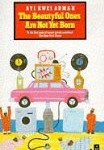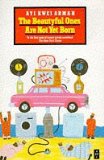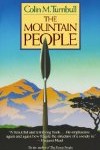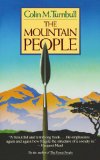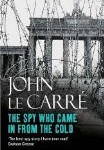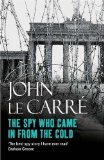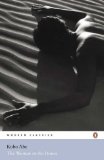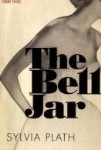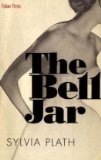Five words from the blurb: Ghana, bribes, corruption, temptation, scorn
This week Kinna Reads is hosting Ghanaian Literature Week. Keen to join in I went online to research books from Ghana. The Beautyful Ones Are Not Yet Born was described as “a cornerstone of African literature” and “as important as Things Fall Apart by Achebe “. I hadn’t heard of it, but with quotes like that I felt I had to read it.
The Beautyful Ones Are Not Yet Born is set in the mid 1960s and confronts the corruption present in the country after its independence. The central character is an unnamed railway clerk who resists bribes. The book explores issues of integrity and shows what life is like for ordinary citizens who have to live with corruption on a daily basis.
Unfortunately this book was so slow and tedious to read that any impact was lost on me.
Crossing over to the side of the main connecting road nearer the sea, the man walked the whole distance to the Essei area, keeping just behind the breakwater that kept the sea from destroying the road. Now and then the headlights of some oncoming vehicle came and blinded him and afterward the darkness of the night was even deeper and more infinite than before, so that a little of the lost comfortable feeling of the man alone in the world outside, so unlike the loneliness of the beloved surrounded by the grieving loved ones, came back to him in little frustrating sweet moments that were gone before they could be grasped. And yet, in some region of his mind, the thought almost rose: that it should not really be possible for the guiltless to feel so beaten down with the accusation of those so near….
The sentence structure was often awkward and difficult to follow and the pace was so slow that it would take him several pages just to get out of his chair. Lots of profound statements were buried in the text, but I had so little connection to the characters that I didn’t care.
Things picked up a bit towards the end and so I managed to complete this short book (180 pages), but it took a lot longer than expected.
I can see why this is an important piece of African literature and I’m sure that much more would be revealed if you were to spend time studying the text, but I’m afraid I found it a frustratingly slow read.

.
Head over to Kinna Reads to discover more Ghanaian Literature.
